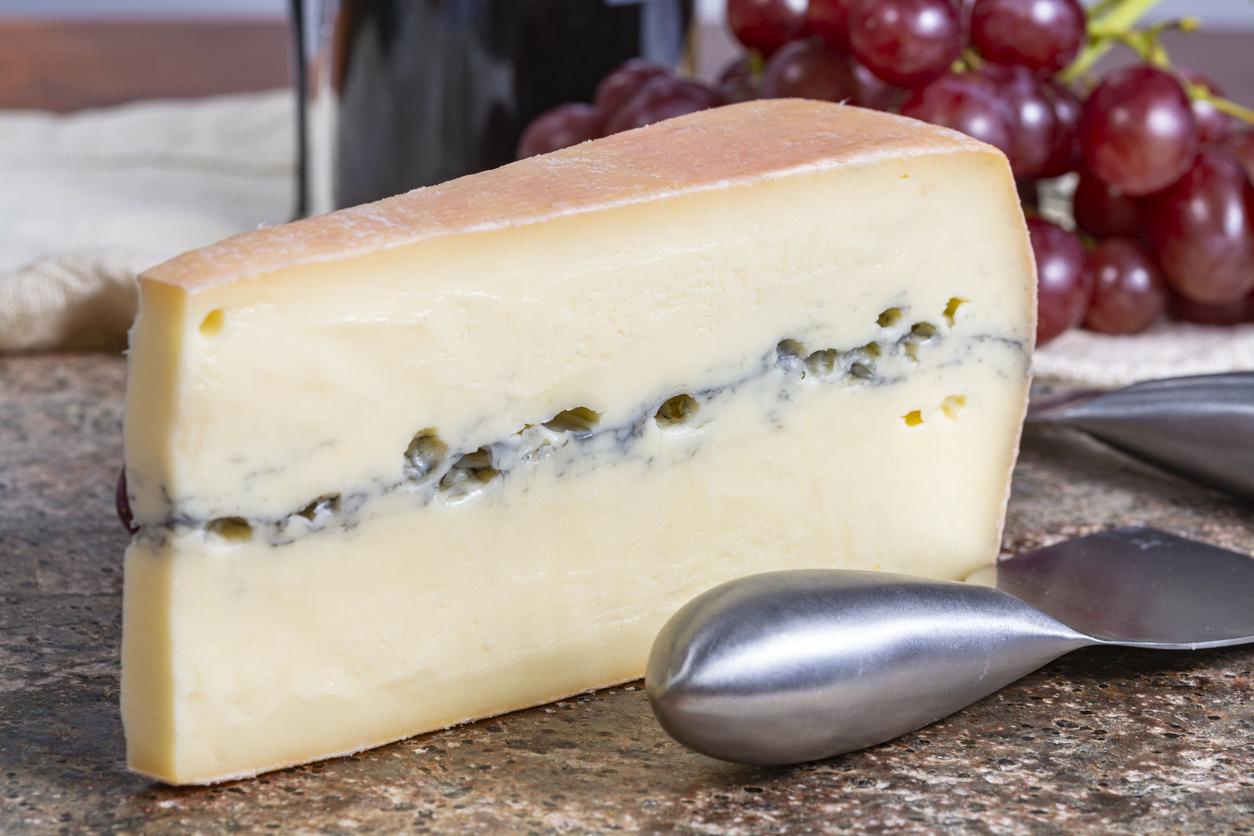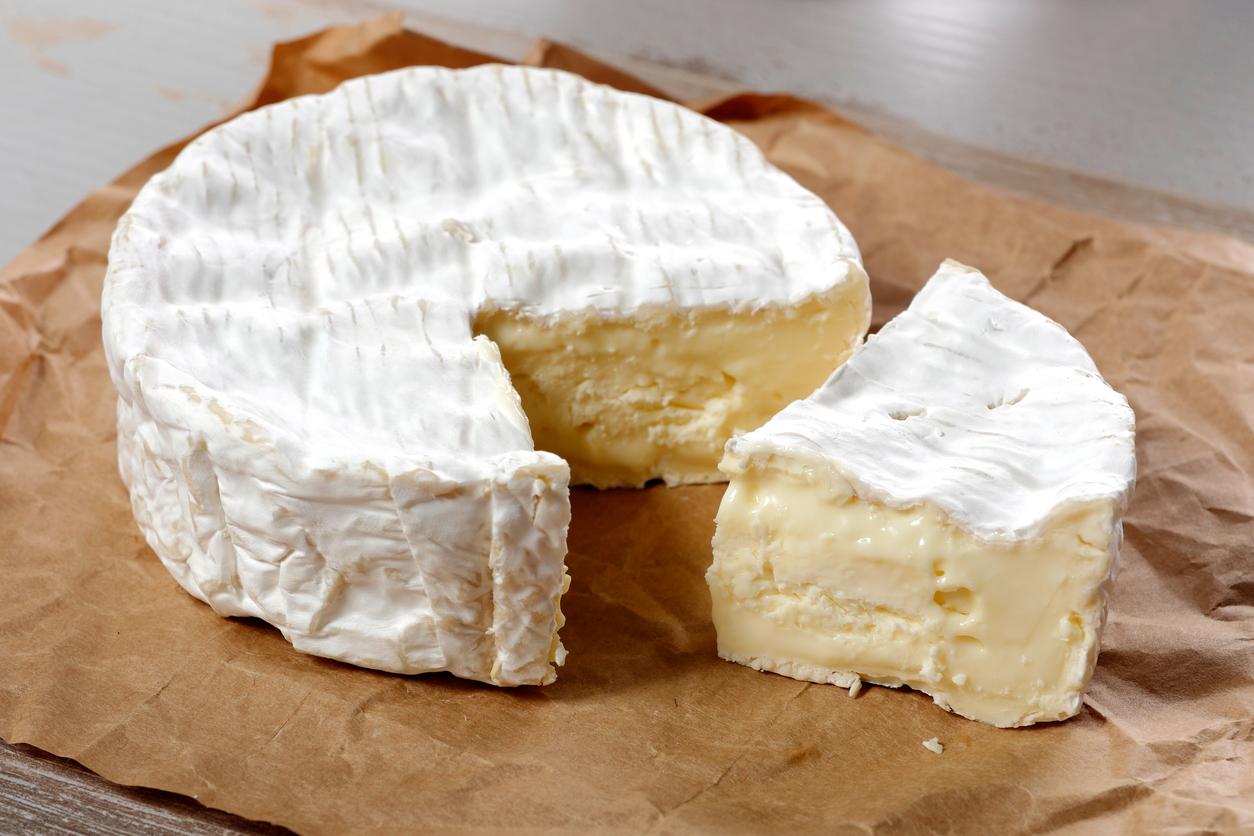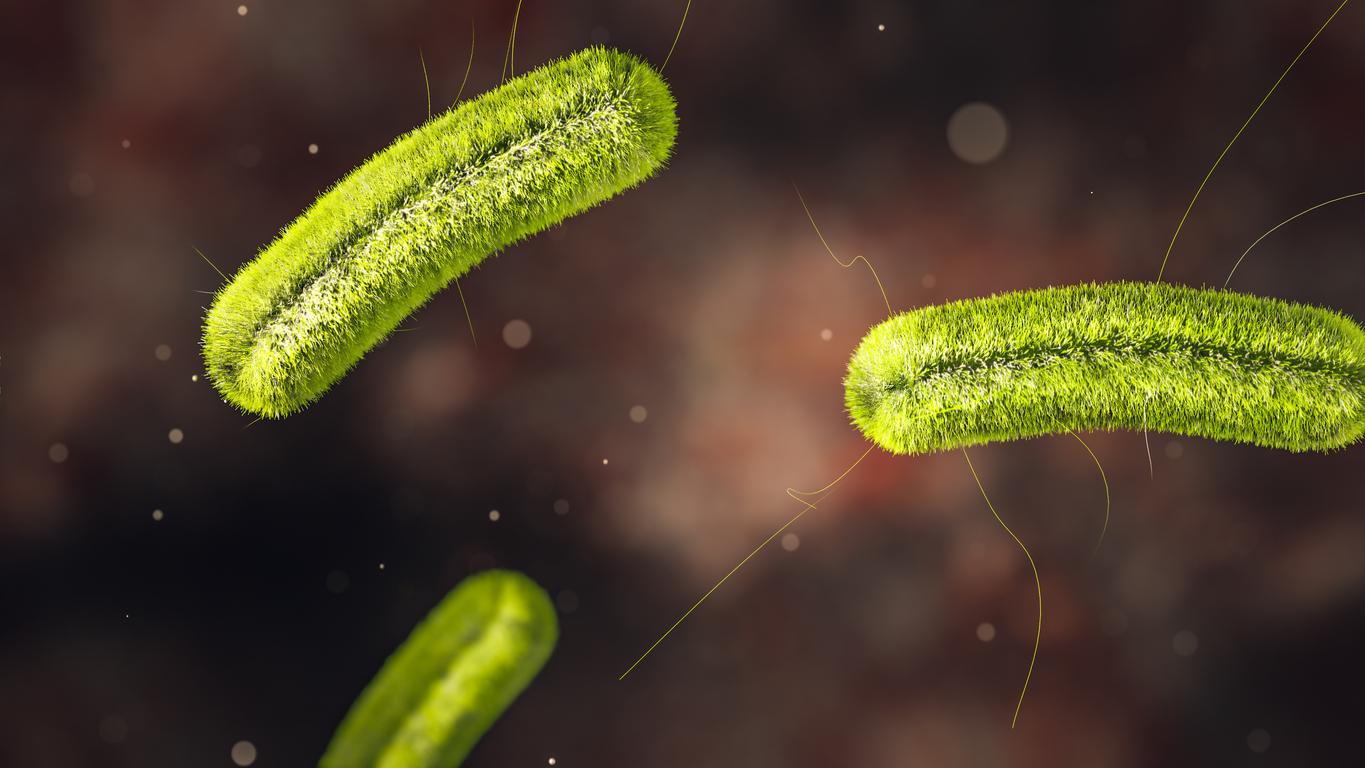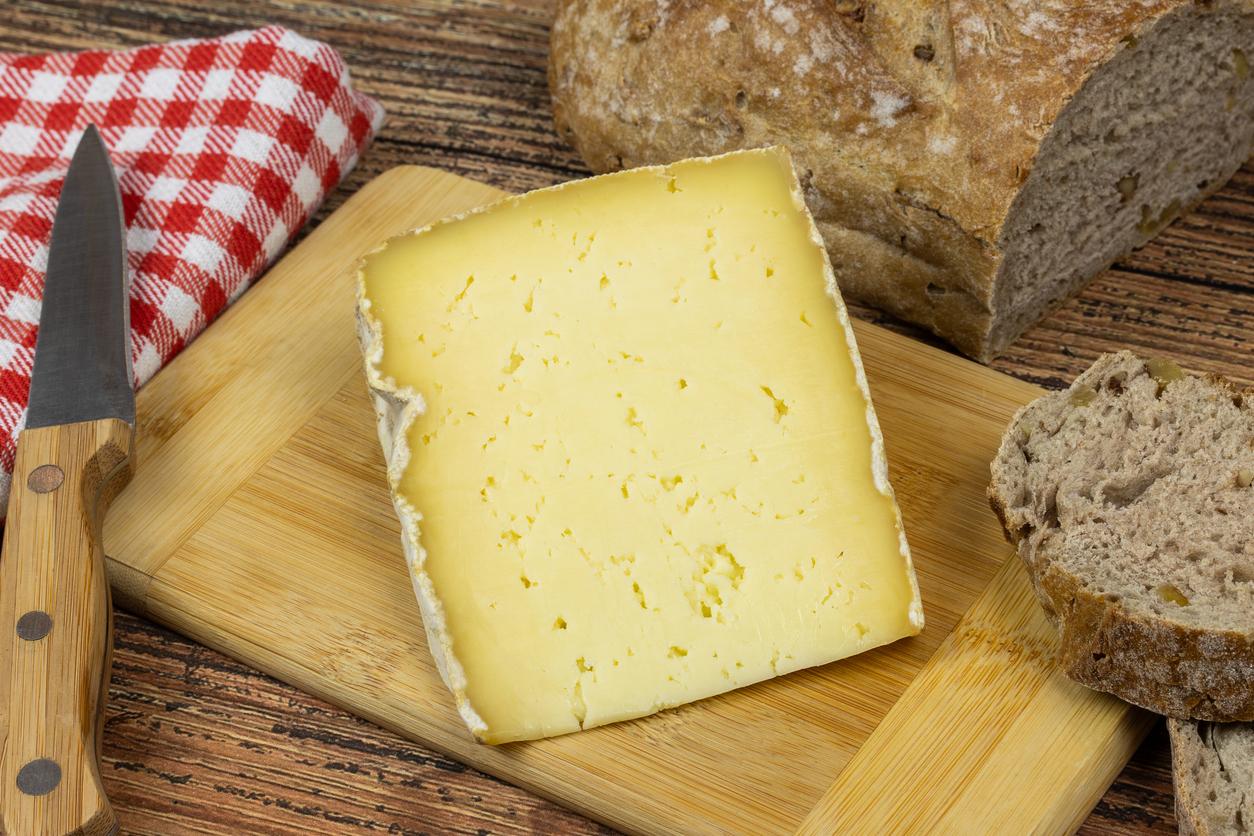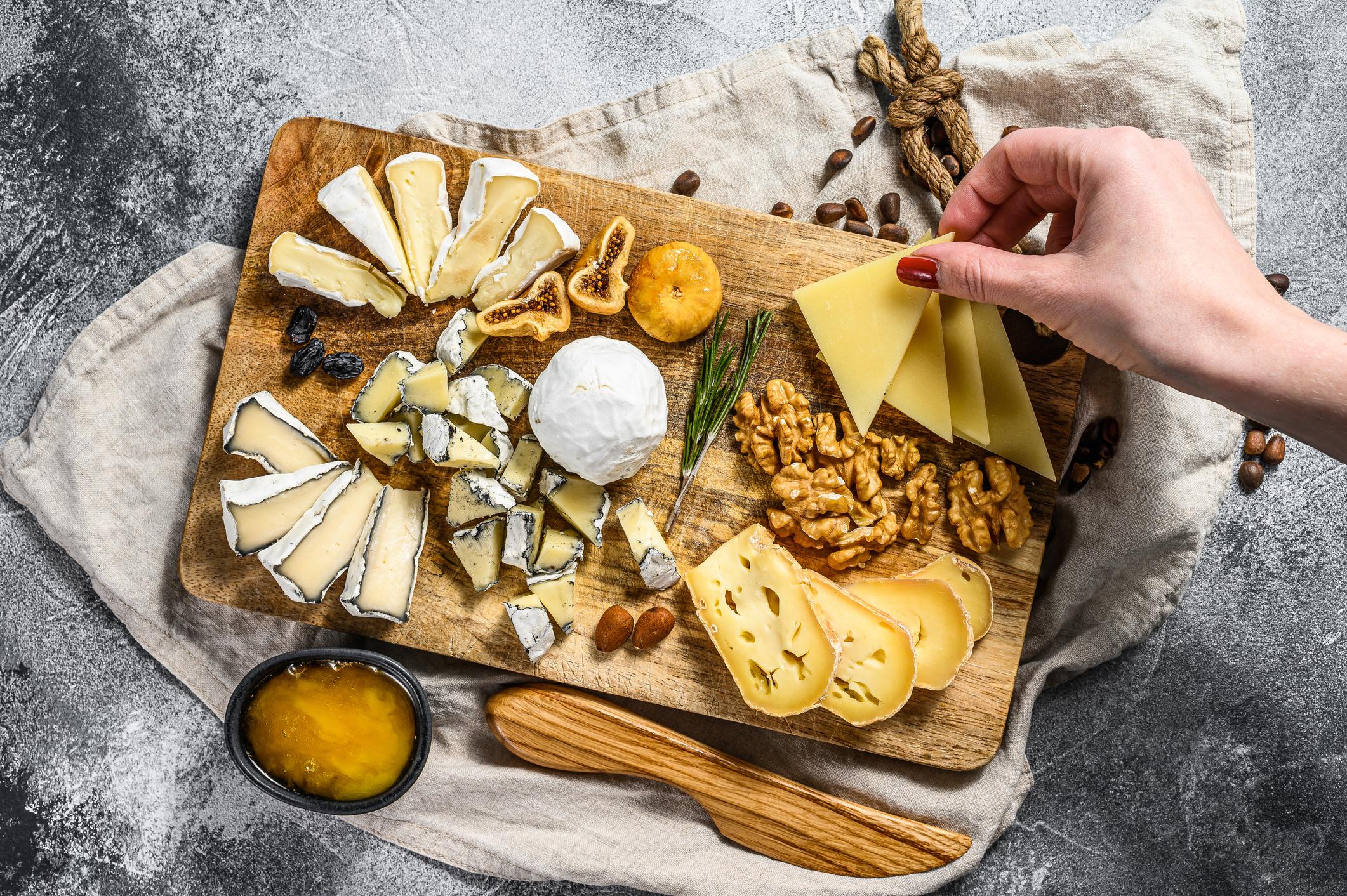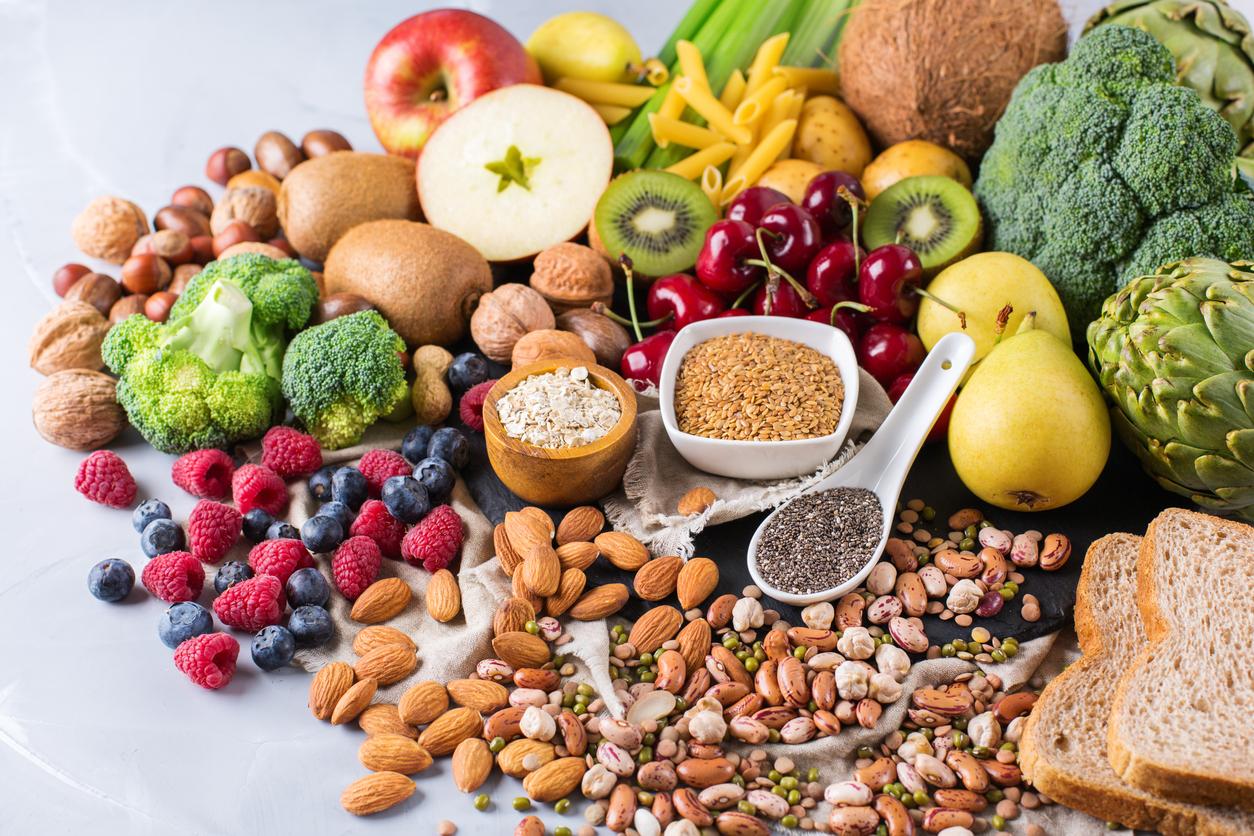The risk of listeriosis from vegan cheeses is greater than from animal milk cheeses.
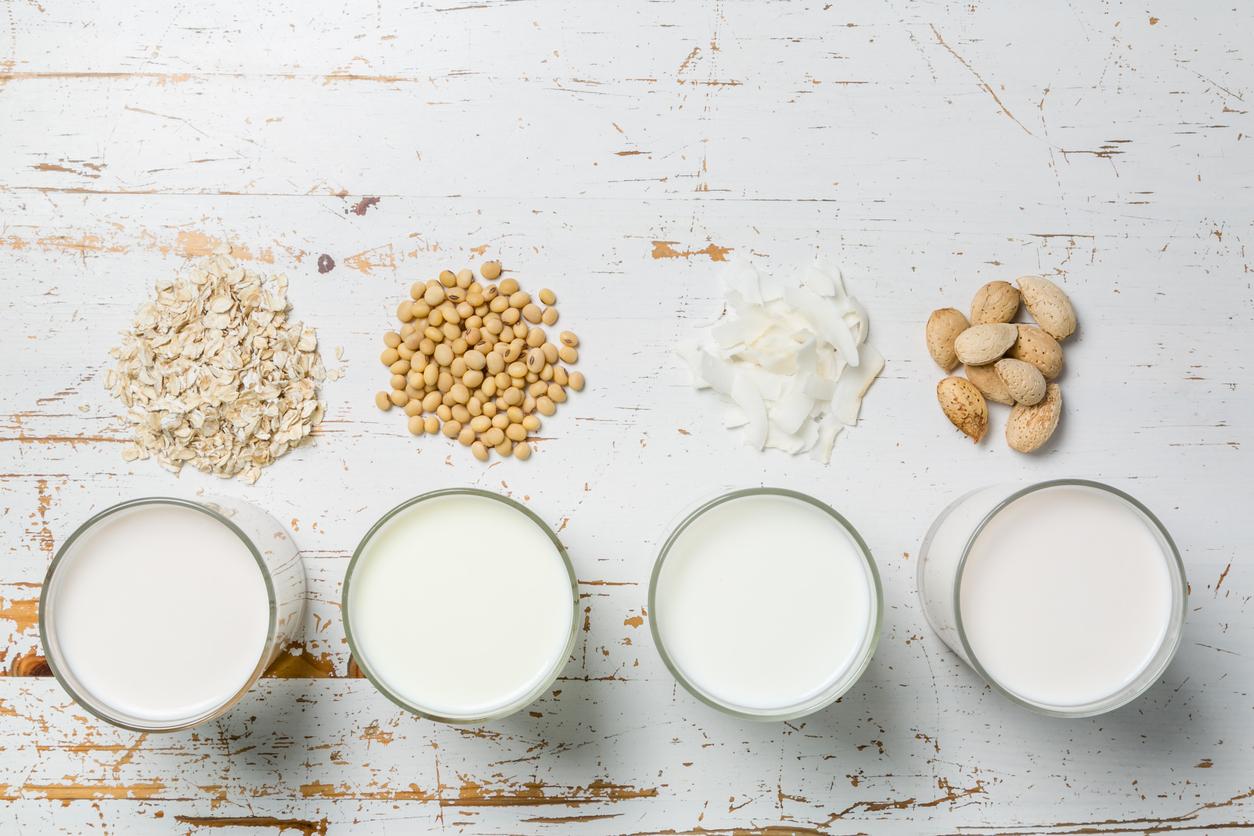
- Plant-based or vegan cheeses can be contaminated by the listeria monocytogenes bacteria responsible for listeriosis. The proliferation would also be more significant than in dairy cheeses.
- Listeriosis can manifest itself with more or less serious digestive symptoms, but also severe infections (meningoencephalitis, septicemia) which can lead to death.
- In people at risk (elderly or immunocompromised people, suffering from cirrhosis, cancer, diabetes, having received a transplant, pregnant women, etc.), the risk of contamination is greater.
Previously used as a safe bet, vegan cheeses are ultimately at greater risk of contamination than dairy cheeses by the bacteria responsible for listeriosis.
Listeriosis: growing contamination
Between April and December 2022 in France, four pregnant women and one immunocompromised person were infected with the bacteria. Listeria monocytogenesthe cause of listeriosis.
And as the Pasteur Institute indicates on his websitean alert launched in Europe led to the identification of 3 additional cases in Belgium, Germany and the Netherlands, occurring after consumption of vegan cheese.
A analysis coordinated by the national reference center Listeria, Public Health France and the Directorate General for Food, in collaboration with Belgian, German and Dutch experts, have highlighted the existence of a real epidemic of listeriosis after consumption of vegan cheese (or vegans).
Vegan cheese and dairy cheese: what are the differences?
Vegan or vegan cheese is made from plant-based milk (almond, cashew, coconut, etc.). These plant-based substitutes imitate dairy cheeses. Until then, not containing any animal product, they were considered not to carry pathogenic microorganisms such as listeria monocytogenes.
But one study carried out in Ireland had already demonstrated that listeria proliferated more quickly in milks of plant origin than in milks of bovine origin.
Listeriosis, a serious foodborne infection
There listeriosis is an infectious disease which is characterized by a food origin. It is caused by the proliferation of a bacteria called Listeria monocytogenes.
This infection can take the form of septicemia (serious general infection of the body) or a neurological disorder called neuro-listeriosis.
It is the cause of death in 30 to 45% of cases and can be responsible for abortion, premature birth and severe neonatal infection (transmission through the placenta) in pregnant women.
The bacteria multiplies slowly at 4 degrees (refrigerator temperature). It does not alter the taste of food so it easily goes unnoticed.
It can contaminate dairy products (notably soft and raw milk cheeses), cold meats (pâté, rillettes), smoked fish, certain vegetables, and raw or undercooked meat.

Listeriosis, polymorphic symptoms
The disease can present in digestive forms with abdominal pain, diarrhea and often a flu syndrome combining fever, muscle pain and headaches. The incubation period (time between contamination and the appearance of symptoms) of digestive listeriosis is from a few hours to 4 days.
Other possible manifestations of listeriosis can be septicemic (the infection spreads throughout the body via the blood), at the level of the central nervous system (meningoencephalitis) or maternal-neonatal in the child via the mother. In this case, the incubation ranges from a few days (sepsis, meningoencephalitis) to 1 or 2 months (maternal-neonatal forms). This mainly concerns immunocompromised people (under immunosuppressive treatment, suffering from cancer, having undergone an organ transplant or with cirrhosis or diabetes), the elderly, pregnant women and newborns.
In pregnant women, the mother’s infection may go unnoticed and result in an isolated mild fever or uterine contractions. Sometimes the infection results in spontaneous abortion, premature delivery or fetal death. The newborn may present with severe infection with sepsis, pulmonary, neurological and skin infection. The infection can cause prematurity which is an aggravating factor of the infection.
What prevention measures?
The usual recommendations are, especially for people at risk, to avoid consuming unpasteurized or UHT dairy products, such as raw milk cheese, cold meats, raw or undercooked meat, etc.
But given the latest epidemiological data, vegan cheeses no longer seem as safe as we thought. As they generally do not undergo pasteurization, a hygiene step allowing better preservation of the food by eliminating microorganisms, they can therefore be contaminated by the bacteria responsible for listeriosis. Which suggests that the recommendations should probably change.









